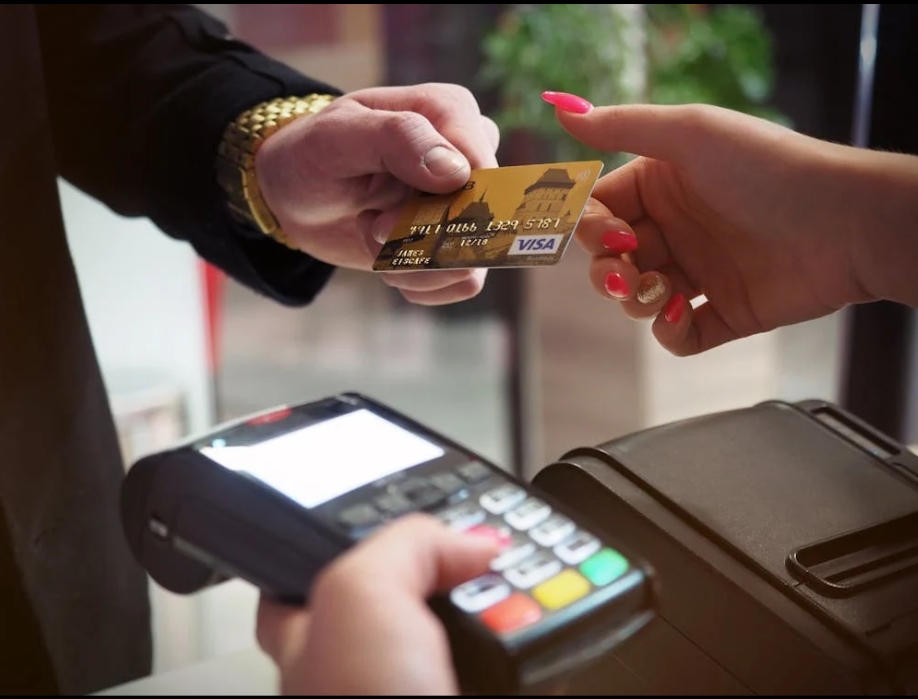Your Rights as a Consumer: Legal Insights into Cṣhime Transaction Disputes

In today’s digital age, online banking platforms like Chime have revolutionized the way consumers manage their finances. Offering features such as fee-free banking, early direct deposit, and convenient mobile app access, Chime has gained popularity among millions of users. However, like any financial service, disputes can arise with Chime transactions, leaving consumers wondering about their rights and legal recourse.
In this article, we’ll delve into the legal aspects of Chime transaction disputes, empowering consumers with insights into their rights and avenues for resolution.
Contents
Understanding Chime Transaction Disputes
Before exploring your rights as a consumer in dispute chime transaction, it’s essential to understand what constitutes a dispute and how they can occur. A transaction dispute with Chime may arise for various reasons, including:
- Unauthorized Transactions: Cases where a Chime account holder notices charges on their account that they did not authorize.
- Billing Errors: Instances where there are inaccuracies or discrepancies in the amount charged for a transaction.
- Merchandise or Service Not Received: When a Chime user pays for goods or services that are never delivered.
- Quality Disputes: Issues arise when the quality of a product or service purchased using Chime does not meet the consumer’s expectations.
- Double Charges: Instances where the same transaction appears on the Chime account statement multiple times.
These disputes can cause frustration and financial stress for consumers, but it’s crucial to know that you have rights protected by consumer protection laws.
Your Rights as a Consumer in Chime Transaction Disputes
As a consumer using Chime’s services, you are entitled to certain rights when it comes to transaction disputes. These rights are established and enforced by federal laws, including:
- Electronic Fund Transfer Act (EFTA): The EFTA protects consumers engaging in electronic fund transfers, including transactions made using online banking platforms like Chime. Under the EFTA, consumers have the right to dispute unauthorized transactions and errors on their account statements.
- Regulation E: Regulation E, which implements the EFTA, outlines specific procedures and timelines for resolving electronic fund transfer disputes. It requires financial institutions like Chime to investigate disputed transactions promptly and provide provisional credits to consumers while the investigation is ongoing.
- Fair Credit Billing Act (FCBA): The FCBA provides consumers with protections against billing errors on credit card accounts, including those associated with online banking platforms like Chime. While Chime is not a traditional credit card issuer, it offers a Visa debit card linked to its accounts, and certain FCBA protections may apply.
- Chime’s Terms of Service: In addition to federal laws, consumers’ rights in Chime transaction disputes are also governed by Chime’s own terms of service and policies. These documents outline the procedures for disputing transactions, as well as any limitations or exclusions that may apply.
Steps to Take When Disputing Chime Transactions
If you encounter a transaction dispute with Chime, it’s essential to take prompt and decisive action to protect your rights as a consumer. Here are the steps you should consider taking:
- Review Your Account Activity: Regularly monitor your Chime account activity to identify any unauthorized transactions or billing errors promptly.
- Contact Chime Support: If you notice a transaction discrepancy, contact Chime’s customer support immediately to report the issue. They may be able to provide assistance or initiate an investigation into the disputed transaction.
- Document the Dispute: Keep detailed records of all communications with Chime regarding the dispute, including dates, times, and the names of customer service representatives you speak with. Additionally, gather any supporting documentation, such as transaction receipts or screenshots of account activity.
- File a Formal Dispute: If the issue is not resolved satisfactorily through customer support, consider filing a formal dispute with Chime. This may involve submitting a dispute form or letter outlining the details of the transaction discrepancy and requesting a resolution.
- Consider Legal Assistance: If you encounter difficulties resolving the dispute with Chime on your own, consider seeking legal assistance from an attorney specializing in consumer protection law. An attorney can provide guidance on your rights and options for recourse, including potential legal action if necessary.
Legal Recourse for Unresolved Disputes
If your dispute with Chime remains unresolved despite your efforts, you may have legal recourse available to you. This could include:
- Mediation or Arbitration: Many financial institutions, including Chime, have provisions in their terms of service requiring disputes to be resolved through mediation or arbitration rather than traditional litigation. These alternative dispute resolution methods can be faster and less costly than going to court.
- Small Claims Court: In cases where the disputed amount is relatively small, you may consider filing a claim in small claims court to seek resolution. Small claims court is designed to handle disputes involving limited amounts of money and typically does not require legal representation.
- Class Action Lawsuits: If multiple consumers have experienced similar issues with Chime transactions, there may be grounds for a class action lawsuit against the company. Class action lawsuits allow groups of individuals with similar claims to pursue legal action collectively.
Conclusion
Chime transaction disputes can be frustrating and disruptive for consumers, but understanding your rights is crucial to navigating these challenges effectively. As a consumer, you are protected by federal laws such as the Electronic Fund Transfer Act and the Fair Credit Billing Act, as well as Chime’s own terms of service. By taking proactive steps to dispute unauthorized transactions or billing errors and seeking legal assistance if necessary, you can assert your rights and work towards a resolution that is fair and satisfactory. Remember, you have the power to advocate for yourself and hold financial institutions like Chime accountable for their obligations to consumers.




